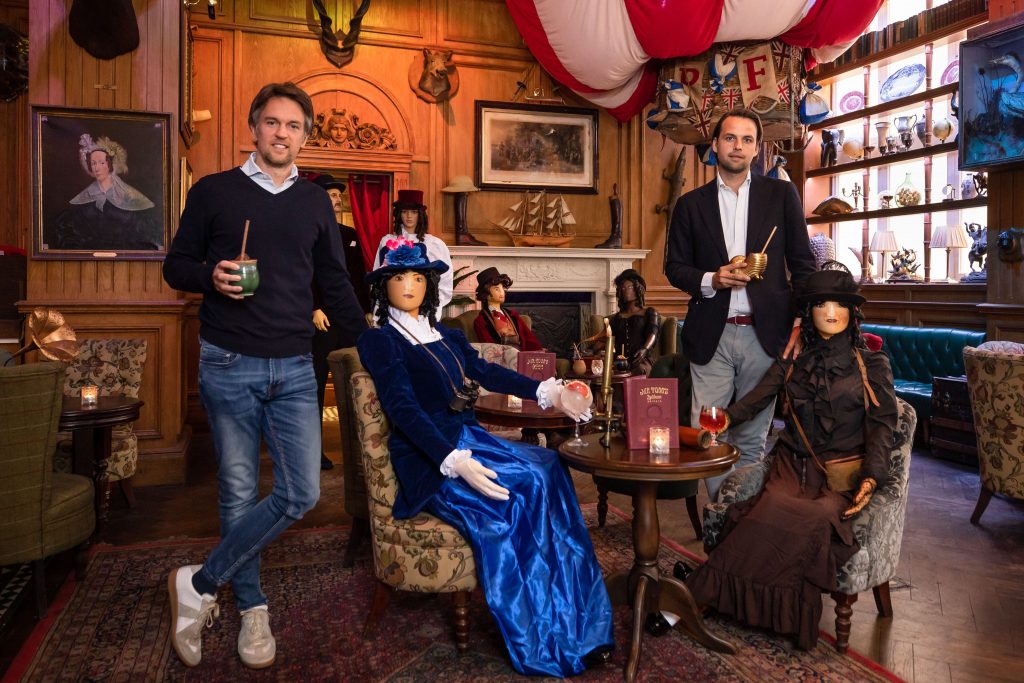Robot cooks and servers. Mannequins to enforce social distancing. Two ideas for the post-pandemic restaurant nearly 6,000 miles apart. They go much further than more conventional takes on coronavirus-induced safety and sanitation procedures — hand sanitiser; individually wrapped cutlery; al fresco dining; permanent takeout windows and kerbside pick-ups.
The robot-staffed café in Hong Kong has machines whipping up stir fries and trolley-shaped ‘waiters’ wheeling out trays of food. Just four human beings are on duty and they’re relegated to washing up and helping with the chopping up.
George Mew, who dreamt up the idea, says it prioritises “food safety”. Doing away with human kitchen staff eliminates all the problems that they bring, not least “dirty shoes, falling hairs and other sick chefs or people”.
Meanwhile, half-a-world away from Hong Kong’s fearsomely automated cafe, an ingenious new plan to make social distancing fun for patrons. A London cocktail bar will seat mannequins dressed in 19th century costumes around the room. The result will be a room that looks buzy and “buzzy” but isn’t overcrowded with living, breathing humans.
Charles Gilkes, who co-founded the entrepreneurial Inception Group that runs several restaurants and bars, says mannequins serve the purpose. They add “a bit of intrigue” and are something “for people to come and see”.
This chimes with last month’s predictions for post-pandemic restaurant trends from award-winning Dubai design studio Roar. It suggested that interiors would be escapist and original, possibly “slightly surreal”; surfaces built or clad in anti-microbial materials will “be a given” and there will be more open kitchens because they give diners a reassuring sense of “transparency”.
Roar’s report on emerging restaurant trends predicted that escapist interiors could be the pandemic’s “lasting design legacy”.
The London bar’s search for originality is part of Inception Group’s broader attempt to re-cast personal and protective equipment (PPE) as a quirky feature rather than a covid-created regulatory bug.
Rather than use plastic shields for staff, stickers on the floor to specify appropriate physical distance and remove half the chairs and tables, Gilkes’ company is trying creative — and whacky — alternatives. Staff at a venue that serves “botanical-inspired cocktails and food” might be outfitted in beekeeper suits for PPE. Gas masks are being considered for another post-WWII underground-themed bar.
All of the above are obvious attempts at nimble re-calibration after the coronavirus crisis. However, the Hong Kong café’s automation is part of a long-planned strategy that is now coming in handy.
Mew, director of the sprawling food, beverage and restaurant chain Maxim’s Group, has long argued that “smart machines with digital power are…becoming the dominant power in the F&B industry”. In a passionate piece for a magazine targeted at high-powered corporate executives, Mew spoke of the “tipping point” for automation, a “quantum revolution” that had to happen.
The pandemic has pressed fast forward on ideas old and new as bars and restaurants struggle to map out an uncertain future.
The jury is out on the best menu of options.


